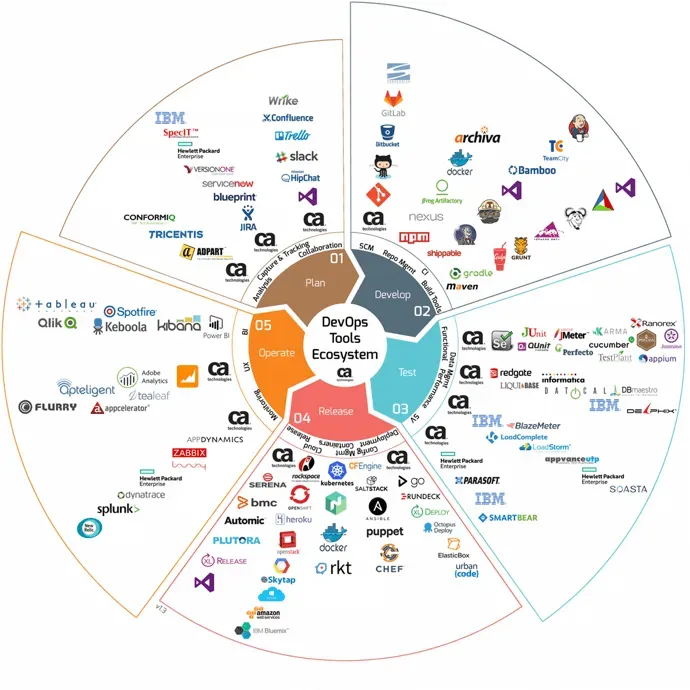Essential Tools for Proficient Software Developers Beyond the IDE
Beyond the confines of an IDE, several tools are indispensable for effective development, collaboration, and deployment.

While mastering an Integrated Development Environment (IDE) is crucial for any software developer, true proficiency in the field requires a deeper toolkit. Beyond the confines of an IDE, several tools are indispensable for effective development, collaboration, and deployment. Here are some key tools that every proficient software developer should master.
Version Control Systems (VCS)
Git: Understanding Git is non-negotiable for modern software development. It allows developers to track changes, collaborate with others, and manage code versions efficiently. Mastery of Git commands, branching strategies, and conflict resolution techniques is essential. Platforms like GitHub, GitLab, and Bitbucket enhance Git's functionality with features like issue tracking, pull requests, and CI/CD pipelines.
Continuous Integration/Continuous Deployment (CI/CD) Tools
Jenkins, Travis CI, CircleCI: These tools automate the process of testing and deploying code, ensuring that changes are integrated smoothly and quickly. Proficiency with CI/CD tools helps developers maintain high code quality and deploy updates seamlessly, reducing downtime and catching bugs early.
Containerization and Orchestration
Docker: Docker allows developers to package applications and their dependencies into containers, ensuring consistency across different environments. Mastering Docker involves understanding Dockerfiles, container management, and networking.
Kubernetes: For orchestrating containerized applications, Kubernetes is a powerful tool. It automates deployment, scaling, and management of containerized applications. Developers need to understand Kubernetes concepts like pods, services, deployments, and persistent storage.
Cloud Platforms
AWS, Azure, Google Cloud: Cloud platforms provide scalable infrastructure and services. Familiarity with cloud services, including compute, storage, and databases, is crucial. Developers should also understand cloud-native application design, security practices, and cost management.
Debugging and Profiling Tools
GDB, Valgrind, Visual Studio Debugger: Debugging tools help identify and fix bugs. Developers need to be skilled in setting breakpoints, inspecting variables, and analyzing stack traces.
Profiling Tools: Profiling tools like **Perf**, **JProfiler**, and **Chrome DevTools** help identify performance bottlenecks. Understanding how to profile and optimize code is key to building efficient applications.
Collaboration and Communication Tools
Slack, Microsoft Teams, Jira, Trello: Effective collaboration is vital for software development. Tools like Slack and Microsoft Teams facilitate communication, while project management tools like Jira and Trello help track progress, manage tasks, and ensure that projects stay on schedule.
Scripting and Automation
Bash, Python, PowerShell: Scripting languages enable developers to automate repetitive tasks, manage system operations, and streamline workflows. Mastery of at least one scripting language is essential for boosting productivity.
Code Quality and Analysis Tools
SonarQube, ESLint, Pylint: Maintaining high code quality is critical. Static code analysis tools help identify potential issues, enforce coding standards, and improve code maintainability.
Database Management Tools
MySQL Workbench, pgAdmin, MongoDB Compass: Proficiency in database management involves understanding how to design schemas, write efficient queries, and optimize database performance. Database management tools provide graphical interfaces for easier database manipulation and monitoring.
To be truly proficient, a software developer must go beyond mastering their IDE. A deep understanding of version control systems, CI/CD tools, containerization, cloud platforms, debugging, collaboration tools, scripting, code quality tools, and database management is essential. Mastery of these tools not only enhances productivity but also ensures that developers can tackle complex challenges and deliver high-quality software.










